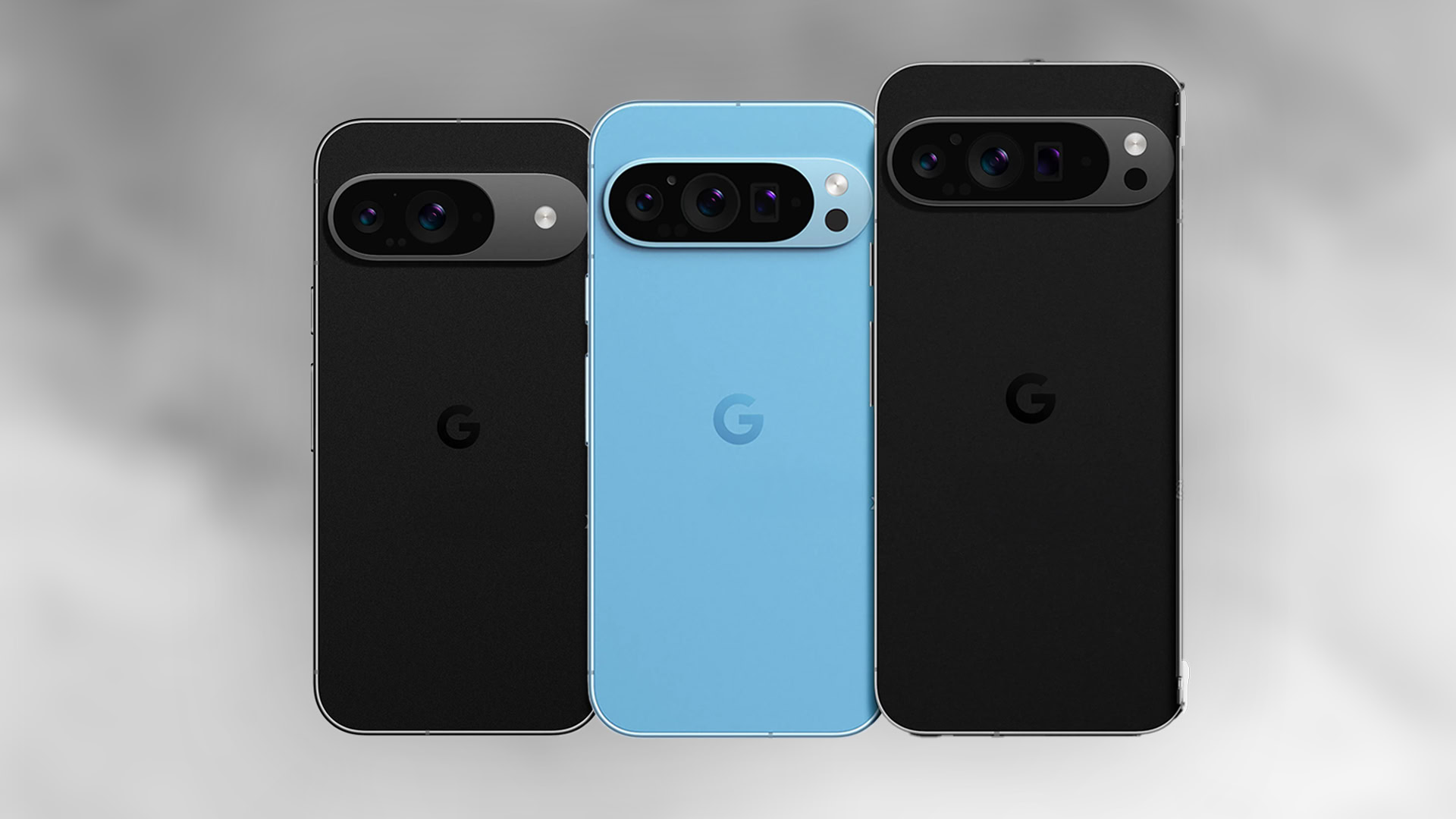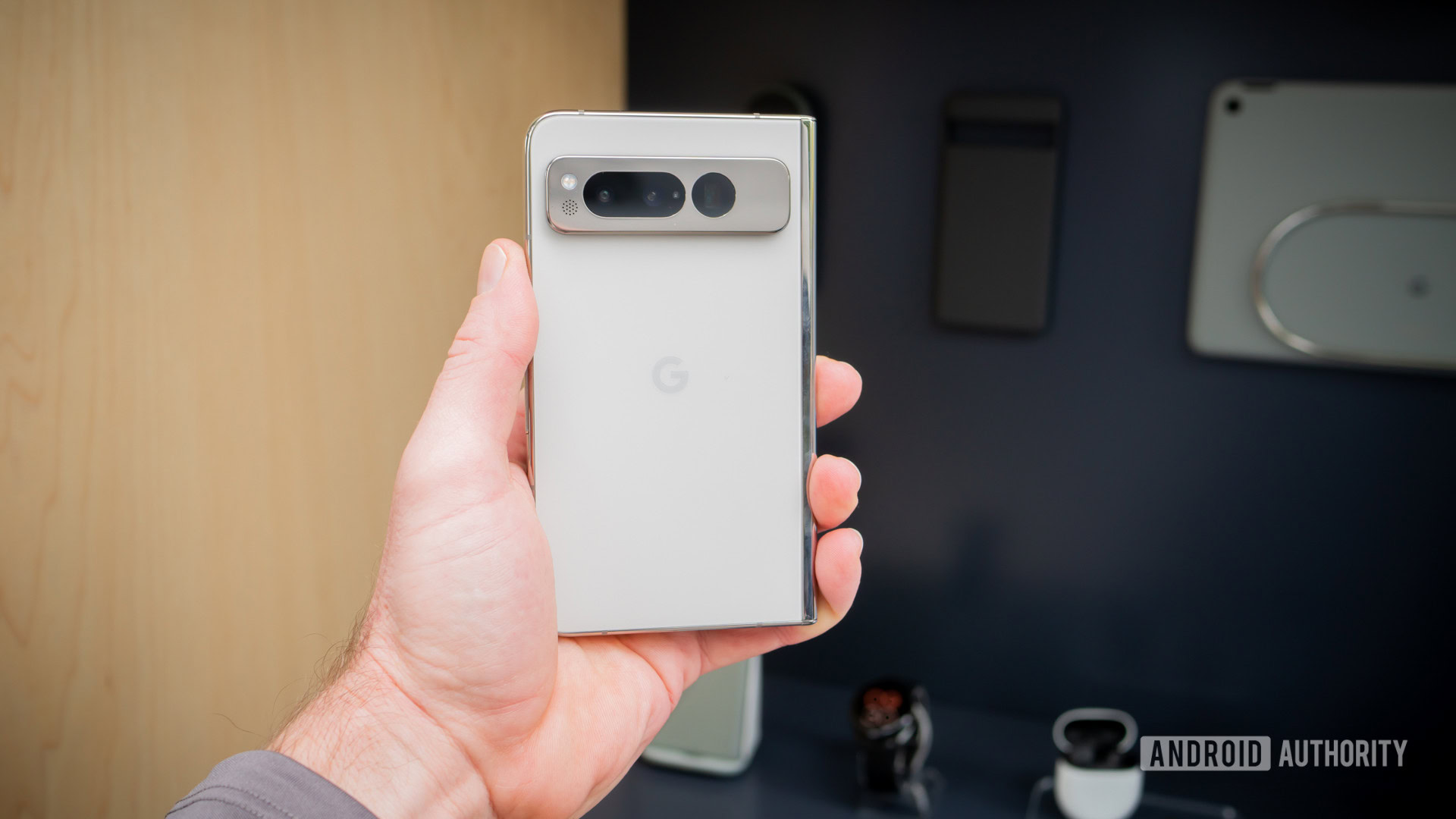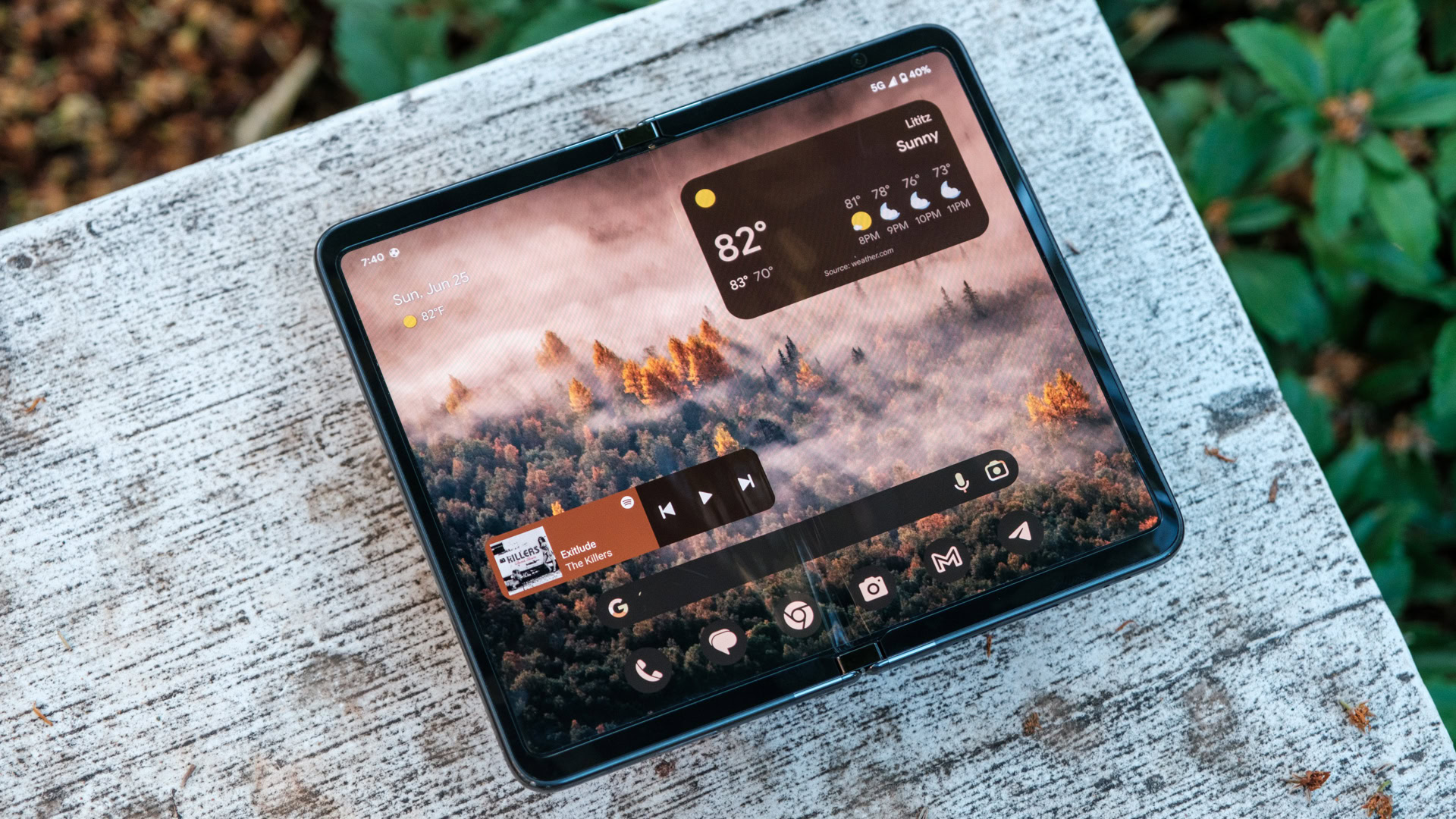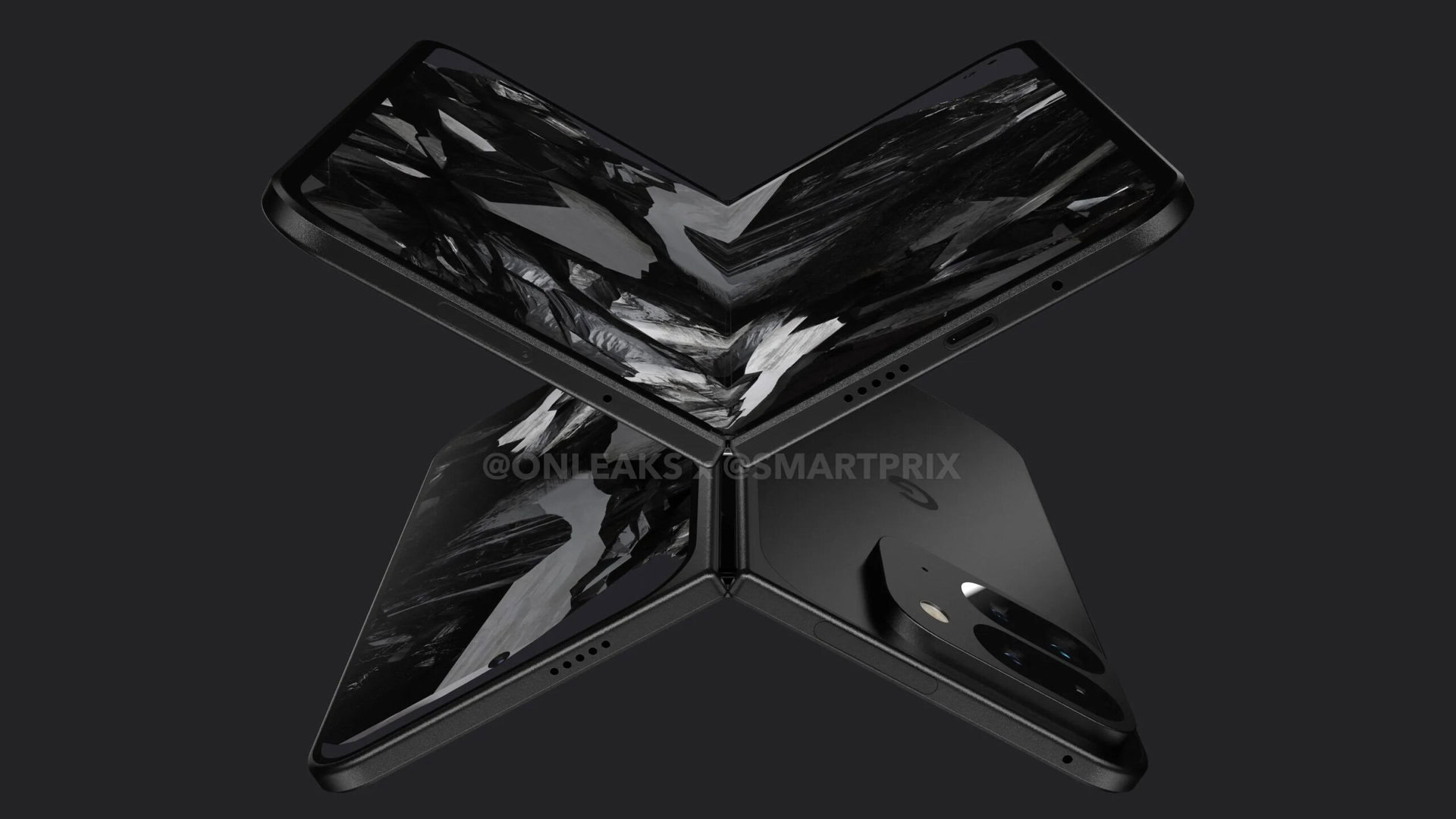[ad_1]
Google has previously launched with just two phones in its flagship phones lineup. This has been the case since the first-generation Pixels back in 2016, but it’s been known for a while that this is changing with the introduction of a smaller Pro device to the upcoming Pixel 9 lineup.
However, thanks to Google insider, Android Authority has learned that there might be a fourth Pixel 9 device coming this fall, in a way we had not expected. Google’s next foldable phone looks to be heading to the lineup as well.
The fourth Pixel 9

According to information received by Android Authority, Google has adjusted its naming scheme for the late 2024 Pixel devices to be:
- Pixel 9 – codename “tokay”
- Pixel 9 Pro – codename “caiman”
- Pixel 9 Pro XL – codename “komodo”
- Pixel 9 Pro Fold – codename “comet”
These names have also been confirmed by some of the software built for Google’s 2024 devices.
It’s worth mentioning that Google referred to the device codename “comet” as the “Pixel Fold 2” until a relatively recent point in development. It’s entirely possible that the “Pixel 9 Pro Fold” name isn’t final, either. However, it is what Google is using at the moment.
Is a Pixel 9 Pro Fold rename is a good move for Google?
190 votes
Will Google treat the Pixel 9 Pro Fold like a proper flagship?

Kris Carlon / Android Authority
If Google follows through and releases the next-generation foldable as a full-fledged member of the Pixel 9 series, it would mark a complete 180 from the first-generation Pixel Fold.
The first Pixel Fold (2023) was an unfortunate device: it was announced at Google I/O, on May 10th, 2023, making it what Google internally calls a “midyear” device. That was probably the first sign that Google, perhaps, wasn’t treating the Fold as a proper flagship release, like it undoubtedly should have, given the eye-watering price of $1,799. Google typically releases Pixel products at two major events each year: the fall event, where flagship Pixel phones are the headline, and Google I/O in spring, where we typically see less high-profile handsets, such as the Pixel A series.
The Pixel Fold felt like a late spin-off of the Pixel 7. Fine for something like the Pixel 7a, but inexcusable for a $1,800 flagship.
The Pixel Fold shipped to customers over two months after the original announcement, in late June. For the launch price, buyers received a nine-month-old processor — the Tensor G2, which was only slightly improved from the original Tensor — and only three years of Android version updates. Probably the most unfortunate part about it, however, was the fact that three months later, in October 2023, Google unveiled the Pixel 8 series. Not only did it come with a hugely improved SoC, the Tensor G3, but it also boasted seven years of Android version updates. It also introduced several exclusive software features, such as the Magic Editor and support for Gemini Nano LLM with features like summarize in the Recorder app.

Ryan Haines / Android Authority
If Google decides to go forward with the new name, it could mean it wants to more closely integrate the next Fold into its flagship tier, rather than leaving it as a separate, niche, and overpriced device that has felt like a bit of an afterthought compared to other devices in Google’s lineup.
We’ve already seen one way in which Google is doing just this. As revealed before by Android Authority, the second-gen Pixel Fold will skip the Tensor G3 and use a new Tensor G4 chip instead. That alone addresses one of the major issues with the original Pixel Fold. Additionally, the leaked renders show that the design of the Pixel 9 Pro Fold is closer to that of other Pixel 9 devices, unlike the original Pixel Fold, which looked more like the Pixel 7 than the Pixel 8.
Interestingly, a move like this would also make Google the only manufacturer to integrate its foldable devices into the “main” family of devices. Other brands make completely separate lineups of foldable smartphones, such as Samsung’s Galaxy Z or Motorola’s Razr. It would show Google’s dedication by making its foldable an option when buying a flagship Pixel, rather than a separate choice that feels like a different device.
The next Pixel Fold has a lot to prove

It’s interesting to see a move like this from Google after it treated the original Pixel Fold like a bit of a second-tier flagship. We’ll certainly keep an eye on the handset to see if it truly lives up to its new name, should Google decide to go forward with this different name and approach. We’ll also have to wait and see if this means a change of date, and if the phone will debut alongside the rest of the Pixel 9 series in October rather than at Google I/O in May.
[ad_2]